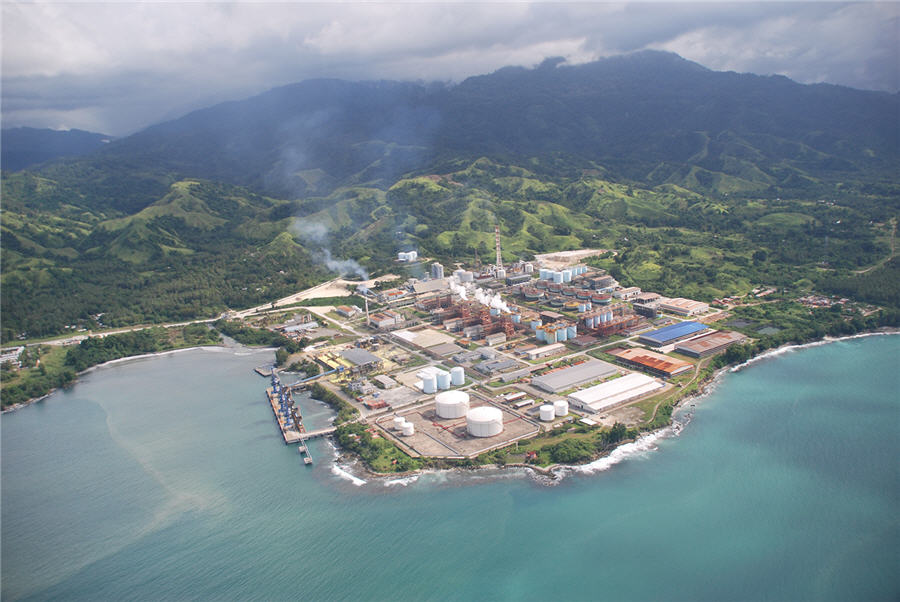Papua New Guinea orders China-owned Ramu nickel plant to shut

Papua New Guinea has ordered a nickel processing plant owned by Metallurgical Corporation of China (MCC) to close for not taking unspecified “remedial” actions, the head of the country’s mining regulator said on Thursday.
Ramu Nickel was ordered shut “for not adhering to remedial measures issued six weeks ago,” Jerry Garry, managing director of Papua New Guinea’s Mineral Resources Authority, told Reuters.
The measures were related to a slurry spill in August, local media reported. A spokesman for MCC confirmed the shutdown order but also said the company was considering its legal options.
Ramu produced nickel hydroxide containing 16,429 tonnes of nickel and 1,497 tonnes of cobalt in the first half of 2019, according to MCC
“If the government asked us to suspend production and carry out checks, we will surely cooperate and comply with local laws. But we are also surely going to safeguard our normal rights,” the MCC spokesman said, adding that a further statement on the matter may be issued next week.
Local press reported on Thursday that the closure was indefinite and that the plant would stay shuttered until completion of an investigation into the August spill that caked the shoreline of Basamuk Bay with red mud.
Minister for Mining Johnson Tuke said the plant closed on Wednesday, because Ramu Nickel had breached PNG’s environmental safety laws, local news service LoopPNG reported.
The results of an investigation into the spill by Australian laboratory ALS Global found no ongoing environmental impact, the Post Courier newspaper reported last week, citing a statement by Minister for the Environment Geoffery Kama to parliament.
“The results from the samples show that no major interference or impacts on the seawater composition at the bay and nearby marine areas,” Kama told parliament.
However, while Basamuk Bay has been declared safe for swimming and recreation, people were ordered not to eat fish from the area for four to six weeks as the environmental agency has not established if any heavy metals have contaminated the foodchain, the Post Courier Newspaper also said.
An independent environmental remediation expert Alex Mojon – hired by Madang regional governor Peter Yama – told Reuters he took samples from Basamuk Bay in May and in September that revealed heavy metal contamination in areas surrounding the mine and plant on the northeastern coast of the country.
Further tests carried out after the spill are due to be released next week, Mojon said on Thursday. Mojon previously worked for Swiss oil remediation company Man Oil Group AG as its chief scientist.
Ramu produced nickel hydroxide containing 16,429 tonnes of nickel and 1,497 tonnes of cobalt in the first half of 2019, according to MCC.
Nickel hydroxide is used in the production of chemicals for the electric vehicle battery industry.
LME nickel had climbed by 1 percent by 0713 GMT.
(By Melanie Burton and Tom Daly; Editing by Clarence Fernandez and Tom Hogue)
{{ commodity.name }}
{{ post.title }}
{{ post.date }}




Comments